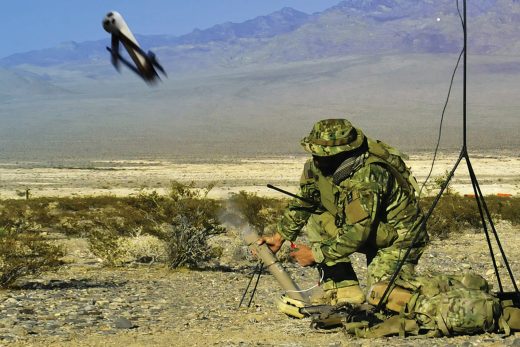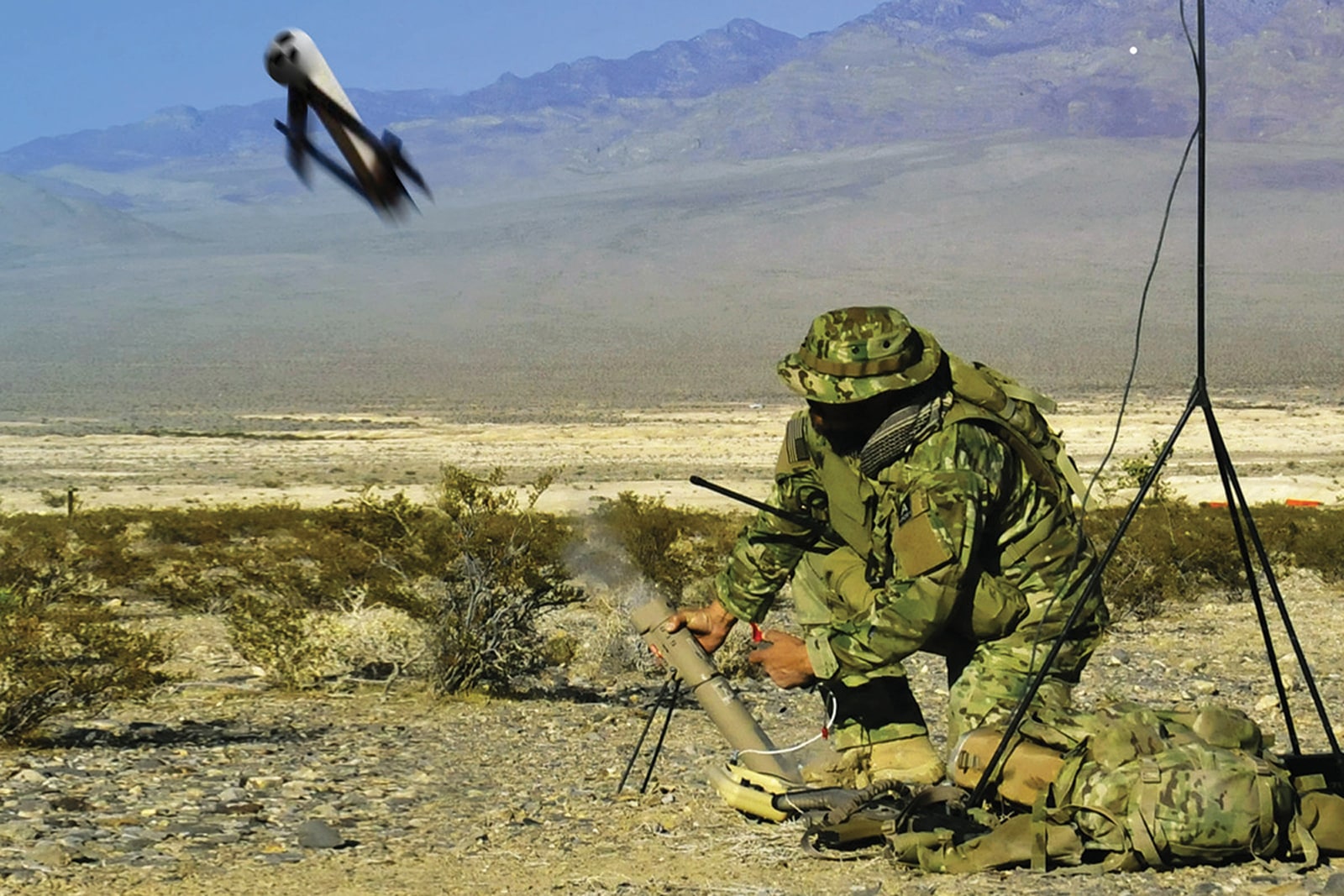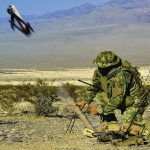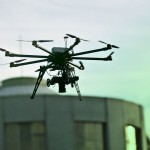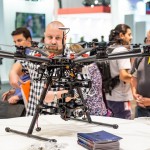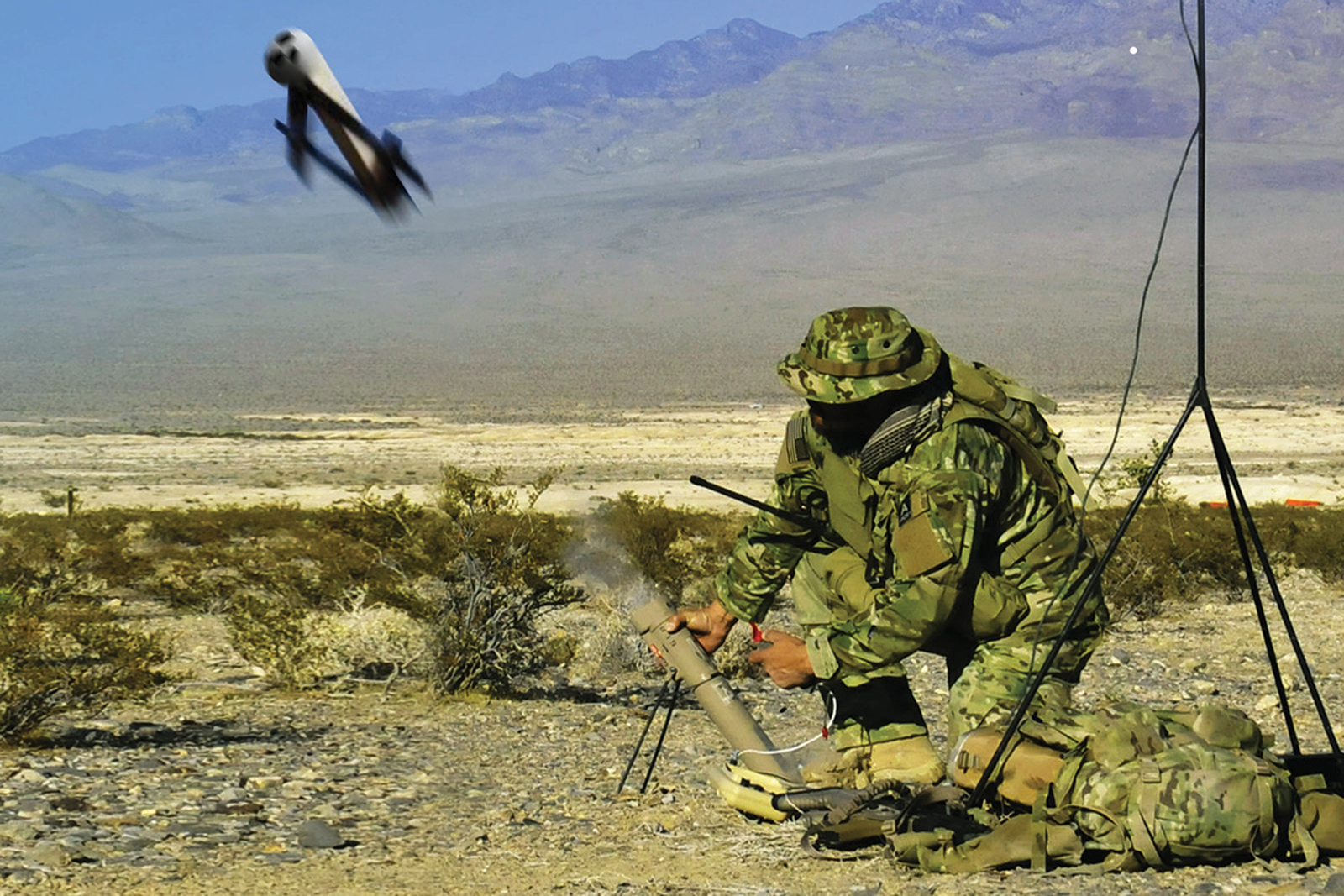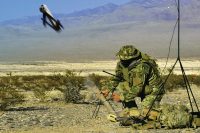American special forces open a drone hacker lab
Battlefield drones are evolving quickly, and there’s only so much militaries can do to keep up — they’re not used to competing with consumer tech that can improve in a matter of months. To that end, US Special Operations Command (aka SOCOM) is taking the unusual step of opening a drone hacker lab in Tampa, Florida at an unspecified point in the future. The organization’s James Geurts hopes this tinkerer mindset will help special forces “get out in front” of threats that could easily prove overwhelming, such as drone swarms. There are also more direct problems to solve, such as balancing weapon payloads and portability. You may need a drone bigger than something like the tiny, kamikaze-oriented AeroVironment Switchblade (above) to take down a target, but you can’t always field more conventional runway-bound drones to do the job.
The lab could also help with countermeasures. SOCOM has already been working with Johns Hopkins’ Applied Physics Lab to turn improvised explosive detectors into drone jammers, and it won’t be surprising if the hacker lab takes this development one step further.
Not that the Command can afford to wait for breakthroughs. ISIS has already ramped up its ability to fly drones (up to 70 drones in one day over Mosul alone), and SOCOM felt enough heat that it recently placed an urgent order for 350 Switchblade drones to bolster its arsenal. While the lab should ultimately help in the long run, there will likely be plenty of stopgap solutions in the near term.
(58)

